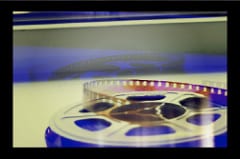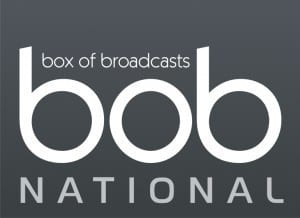Whilst Chris is unpacking the new amendments to the CDPA to explain how it will affect UCL teaching and learning, we have also been looking at the other side of the coin: resources which can be used in teaching. Below are two resources that can be linked to for educational purposes, without infringing copyright. Neither are copyright-free or in the public domain, however they allow specific usage that can be fantastically useful in teaching.
BoB National: Box of Broadcasts
Teaching staff were very enthusiastic about this during a successful trial, and UCL has now taken a subscription. BoB gives access to 60+ TV and radio channels. You can request programmes you have missed, ‘record’ upcoming programmes and create clips. These are saved to BoB indefinitely, for all BoB users to view.
To log in select ‘UCL’ from the institutions list, and use your usual UCL ID and password. There are video tutorials or you can just start browsing.
- You can: view, share, and create clips.
- You cannot: view from outside the UK. Download or store on your computer.
British Pathe Archive
This newly available resource is open access; that is, it is available online to view for free. British Pathe has had its entire collection digitised under a National Lottery grant and this is now available via their YouTube channel.
This archive makes available film clips from significant global historical events, including first and second World Wars, the Hiroshima bombing, Suffragette action and footage of the Titanic. There is footage of the first mobile phone (1922) and features on travel, fashion and celebrities.
- You can: view and share the film clips (e.g. using the Twitter / Facebook etc. ‘share’ buttons).
- You cannot: play in the classroom, or download and store. Pathe advertisements are included.
Open access resources are especially useful for teaching on open online courses (such as UCL eXtend, or CPD courses), where students are not registered at UCL and therefore unable to access UCL-subscribed resources. Do make sure the links are stable for your students, and perhaps consider using ReadingLists@UCL to keep links to your teaching resources in one place.
 Close
Close




